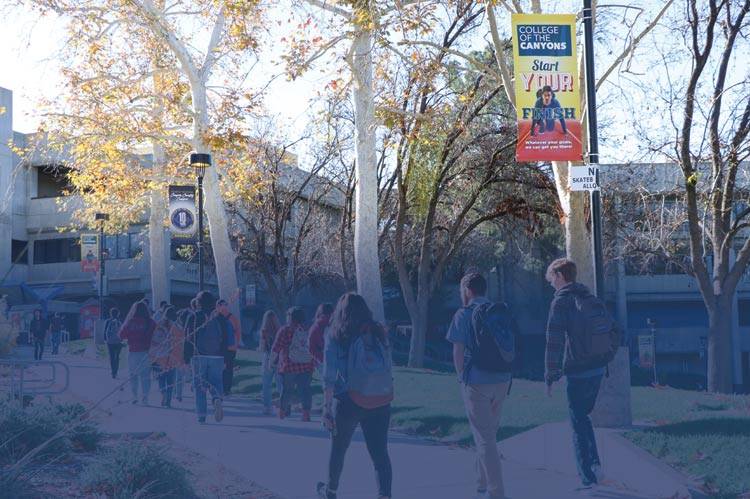Psych 102 TTh Syllabus
Welcome to Psychology 102!
This class will serve as an overview of the exciting and growing field of physiological psychology. We'll learn about the brain, drugs, how your senses work, how we think, what motivates us, development of cognitive abilities, gender, sexuality, emotions, and of course, psychological disorders, all from the physiological perspective.
Since this is the beginning of the course, I suspect you have a number of questions. Following are some of the more common questions along with answers!
About Your Instructor
My name is Rick Howe, and I'll be your facilitator for this class. I am a native Californian, having been born at Holy Cross Hospital in Mission Hills, CA and grew up in Northridge. Once my parents abandoned me (I was 24) to move to Arizona, I lived in Tarzana for a couple of years and then moved to Santa Clarita where I've been a resident for over 25 years.
I have a Master's degree in General/Experimental Psychology from California State University, Northridge which does not include the ability to conduct therapy, about which I know just enough to be dangerous. I started in the psychology department at COC as an adjunct faculty member in 1993 and became a full-time faculty member in 2001. Since then I have taught Introductory Psychology (this course), Physiological Psychology (Psy 102), Behavioral Research Methods (103), Statistics for the Social Sciences (104), and Human Sexuality (230). I am currently teaching Psych 101, Psych 102, and Psych 104.
What is the point of this class?
Here's what the catalog says about Psychology 102:
Provides a detailed consideration of the functional and anatomical aspects of the nervous system in order to interpret behavior in terms of physiological processes. In addition, may cover such topics as muscles and glands as a response mechanism, the structure and physiological basis of complex behavior and mental processes, and the function of sense organs.
Contact Information
A top priority of mine is your success in this course, so I want you to know that I am available for you. The easiest way to contact me is by using the Canvas Inbox, but you can also get in touch via email and phone.
| Name | Contact | Role |
| Professor Rick Howe |
e-mail: rick.howe@canyons.edu |
Overlord |
| COC Student Tech Support | (661) 362-3344, M-Th 9:00 am - 7:00 pm cvsupport@canyons.edu (24-hour turnaround) |
Student Tech Support can help if you:
If your question relates to a specific course assignment, please contact your instructor. |
|
24/7 Canvas Tech Support |
Chat with Canvas Support (Student) | Support for students |
|
COC Online Learning Website |
Online Learning Website | All things online learning at COC |
It is important to note that this is not a "log in whenever you feel like it" type of course. There are set schedules for assignments and set due dates after which assignments either cannot be turned in or will be considered late and marked down. The course schedule will be posted at the beginning of the class so there should never be any surprises. Please plan accordingly.
Student Learning Outcomes
According to the official course outline, the Student Learning Outcome for this course is:
"Assess the influence of a variety of biological factors including neural and hormonal mechanisms that impact behavior and mental processes such as perception, sleep and dreaming, reproductive behaviors, memory, language, and psychological disorders."
I hope that clears things up.
What textbook are we going to use Mr. Howe?
We will be using Brain & Behavior 5/e by Bob Garrett (ISBN: 9781506349206). The text is available at the COC bookstore and runs anywhere from $58.75 to rent and up to $125.00 to buy. There are other options as well:
VitalSource e-book version - You would need at least the 120-day subscription
The accompanying study guide is optional.

 My Canyons
My Canyons  Canvas
Canvas 
